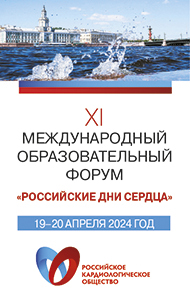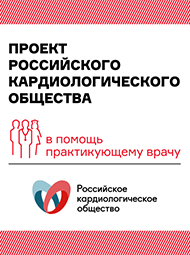AHA issues recommendations on infective endocarditis in adults, children
The American Heart Association issued two scientific statements on diagnosis, therapy and management of infective endocarditis, one for adult patients and one for pediatric patients.
Both statements incorporate recommendations on changes in infective endocarditis prevention that were adopted in 2007, and emphasize that a multidisciplinary team is needed to manage the condition.
Infective endocarditis in adults
Larry M. Baddour, MD, FAHA, chair of the panel that wrote the scientific statement for adult patients, and colleagues recommended that echocardiography be used to diagnose infective endocarditis in adults, with transthoracic echocardiography (TTE) performed first, followed by transesophageal echocardiography if TTE is negative or inconclusive.
Cardiologists should consult with infectious disease specialists to determine the optimal treatment regimen for antimicrobial therapy, Baddour, from Mayo Clinic, and colleagues wrote.
Reasonable therapy for options include aqueous crystalline penicillin G andceftriaxone, with vancomycin a reasonable alternative in patients who cannot tolerate either, and gentamicin a reasonable option in patients with uncomplicated infective endocarditis, rapid response to therapy and no renal disease, the panel wrote, noting that penicillin plus gentamicin is a viable strategy for the first 2 weeks.
Panel members made other medication recommendations based on location of the disease and pathogen responsible for the disease.
Cardiac surgery is a reasonable option in combination with prolonged antibiotics for most patients with infective endocarditis caused by non-HACEK gram-negative aerobic bacilli, they wrote.
If a patient has fungal infective endocarditis, valve surgery should be performed in most cases, and it is reasonable to administer lifelong suppressive therapy with an oral azole, the panel wrote. Panel members made a number of other recommendations relating to valve surgery.
If a patient with mechanical valve infective endocarditis experiences an embolic event, discontinuation of anticoagulation for 2 weeks is reasonable, the panel wrote, noting that antiplatelet agents are not recommended as an adjunctive therapy for infective endocarditis but continuation of existing long-term antiplatelet therapy may be considered if bleeding is not an issue.
Ongoing observation for and education about recurrent infection should be conducted for patients who have recovered from infective endocarditis, with special attention paid to dental hygiene and potential HF symptoms, the panel wrote.
Infective endocarditis in children
Antibiotic prophylaxis for infective endocarditis in children is ineffective and should be replaced with an emphasis on how to perform proper oral hygiene and prevent oral disease, according to Robert S. Baltimore, MD, chair of the panel that wrote the scientific statement on infective endocarditis in children, and colleagues.
When determining optimal therapy, clinicians should test for antimicrobial susceptibility and determine an antibiotic’s minimum inhibitory concentration, Baltimore, from Yale University School of Medicine, and colleagues wrote.
Whenever possible, children with the condition should be given bactericidal agents instead of bacteriostatic antibiotic drugs, and administration should be IV instead of intramuscular, the panel members wrote.
The statement includes a table with recommended antibiotic drugs and doses depending on which organism is responsible.
Valve replacement surgery may be the best option for pediatric patients with prosthetic valve infection caused byStaphylococcus aureus, they wrote, noting that those with fungal infective endocarditis are likely to need surgery and antifungal agents.
“We recommend that the degree of illness not be considered a limitation to surgical intervention, because the alternative, to delay or defer surgery, can have dire consequences,” Baltimore and colleagues wrote. – by Erik Swain
Disclosures: Baddour and Baltimore report no relevant financial disclosures. Please see the full statements for a list of the other authors’ and reviewers’ relevant financial disclosures.
Source: www.healio.com






